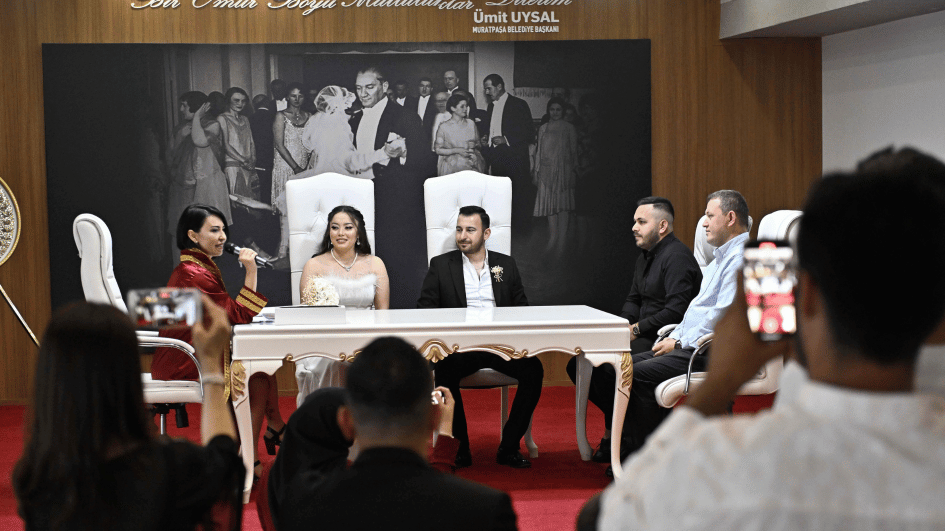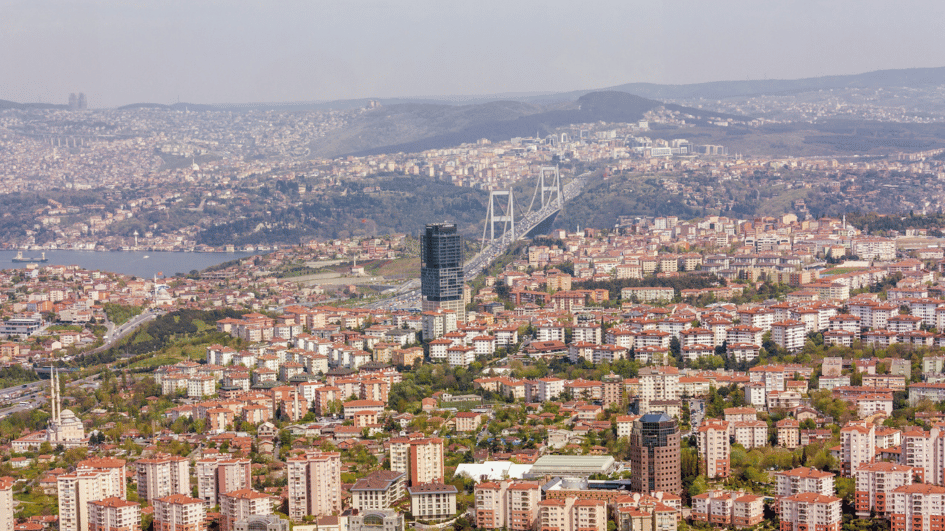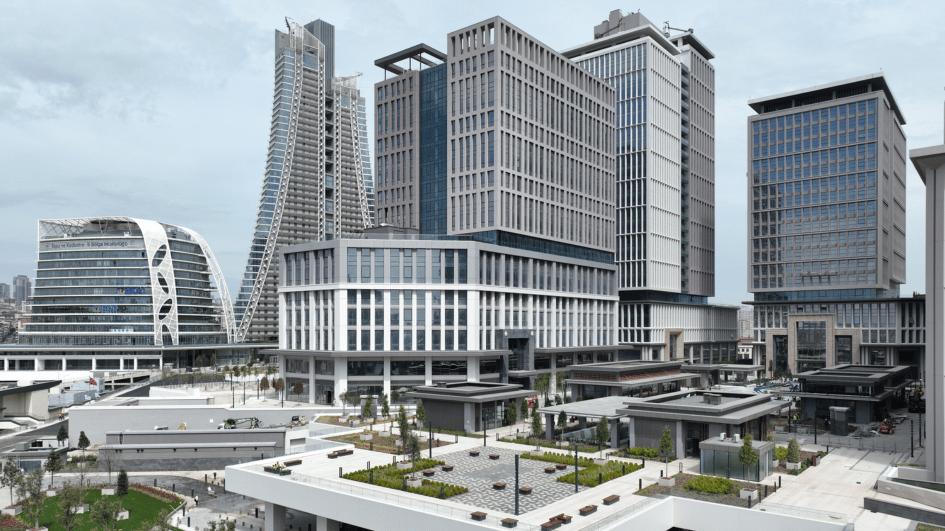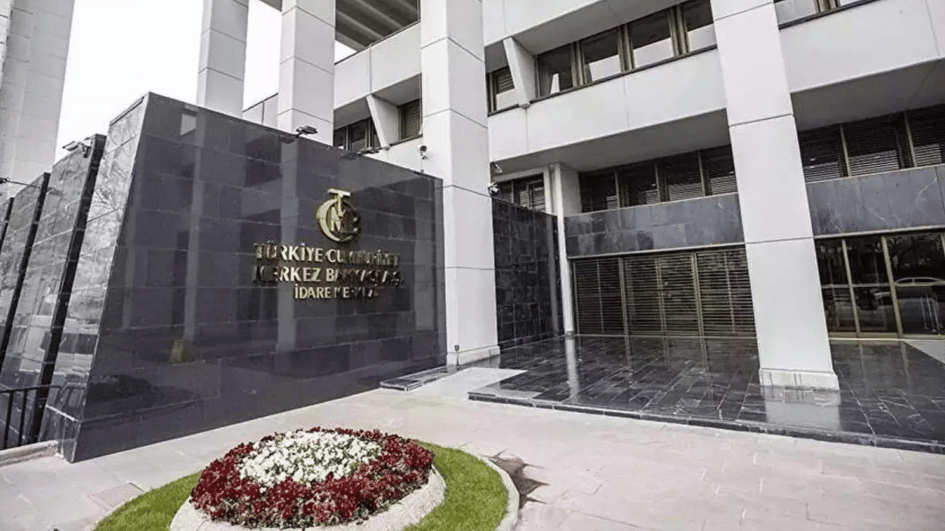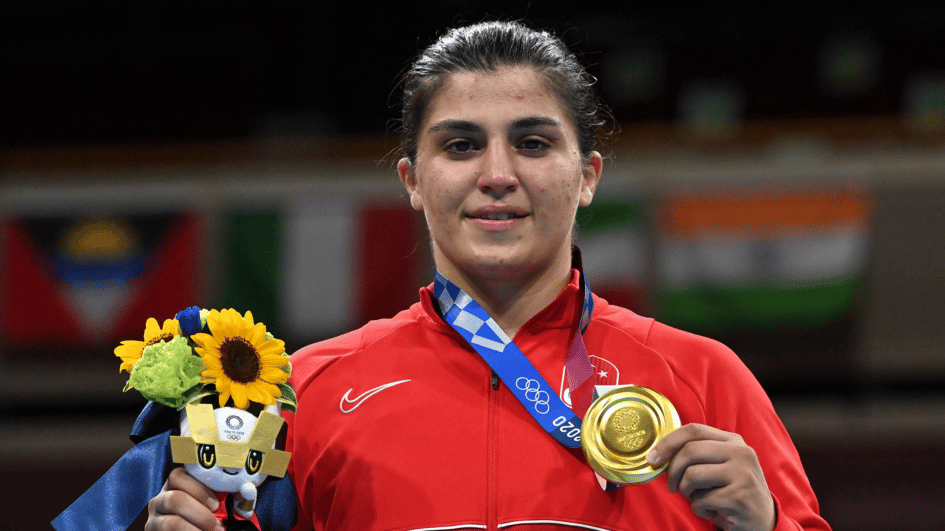How to keep Turkey anchored to West?
Not too long ago, former United States President Donald Trump had described NATO as “obsolete” and sitting French President Emmanuel Macron as “brain dead.” “NATO is back” read Western media headlines nowadays, citing the Biden impact on the alliance just days before the NATO leaders’ summit.
Since he came to power in January, U.S. President Joe Biden made sure that American foreign policy will follow a multilateral course by prioritizing coherence and cooperation with Western allies. His first overseas program is a perfect reflection of this new approach. He meets the leaders of the G7 before attending a much-anticipated NATO Summit on June 14 and a U.S.-EU summit on June 15. He will conclude his itinerary with his meeting with Russian President Vladimir Putin on June 16 in Geneva.
The NATO summit is important for three reasons: To re-illustrate its integrity and power amid growing tension with China and Russia, to debate over its future, and to allow bilateral talks between the leaders.
From the Turkish perspective, all these items are specifically significant. Defense Minister Hulusi Akar stated how NATO and Turkey were important to each other in his remarks at the opening ceremony of the Maritime Security Center of Excellence in Istanbul. “NATO is more meaningful and stronger with Turkey and will take firmer steps towards the future,” he said, in response to criticisms over Turkey’s place and role at the alliance.
Turkey is sharing the burden more than almost all the allies and contributing to the allied military missions and operations, he suggested, emphasizing the Turkish continued commitment to the alliance by saying that NATO is sitting at the center of Turkey’s security.
The summit will pave way for President Recep Tayyip Erdoğan and Biden to meet face-to-face and exchange views about bilateral ties as well as NATO partnership. Plus, Erdoğan will also talk to French President Emmanuel Macron, German Chancellor Angela Merkel, British Prime Minister Boris Johnson, and Greek Prime Minister Kyriakos Mitsotakis.
Overall, the results of these meetings will shape Turkey’s bilateral ties with the aforementioned countries and impact the course of regional conflicts from Libya to Syria, Afghanistan to the Black Sea region.
It goes without saying that there are deep disagreements between Turkey and the prominent allies on all these issues. But, at the same time, there are also areas where they can converge either strategically or tactically, like Afghanistan, Libya, and Syria.
That’s why summits are held: To exchange views, discuss and narrow the differences. But to do this, first countries must abandon their mutual prejudices and one-sided understandings while giving room to flexibility and empathy.
Questioning Turkey’s place within NATO after 69 years of membership or describing it as trouble or headache for the alliance is obviously a non-starter. Avoiding discrimination and paying respect will surely allow a better dialogue with Turkey.
Naturally, Turkey has things to do, has things to change when it comes to its foreign policy. The past six months have proven that tension-free politics helps governments better understand each other and communicate without risking an unnecessary escalation. Efforts to normalize ties with France, Greece and Egypt are underway and hopes to have a calmer summer this year work to benefit all these countries. Clearing the clouds over the eastern Mediterranean would also have positive repercussions on the Turkey-EU dialogue.
Monday’s NATO summit is, therefore, key for Turkey and its allies who genuinely want to engage with it. Keeping Turkey anchored to the West, as suggested by U.S. Secretary of State Antony Blinken at the U.S. Congress last week, requires a mutual understanding and constant dialogue and not sanctions or threats.
A good re-start at NATO will be to the advantage of NATO and all member states.



